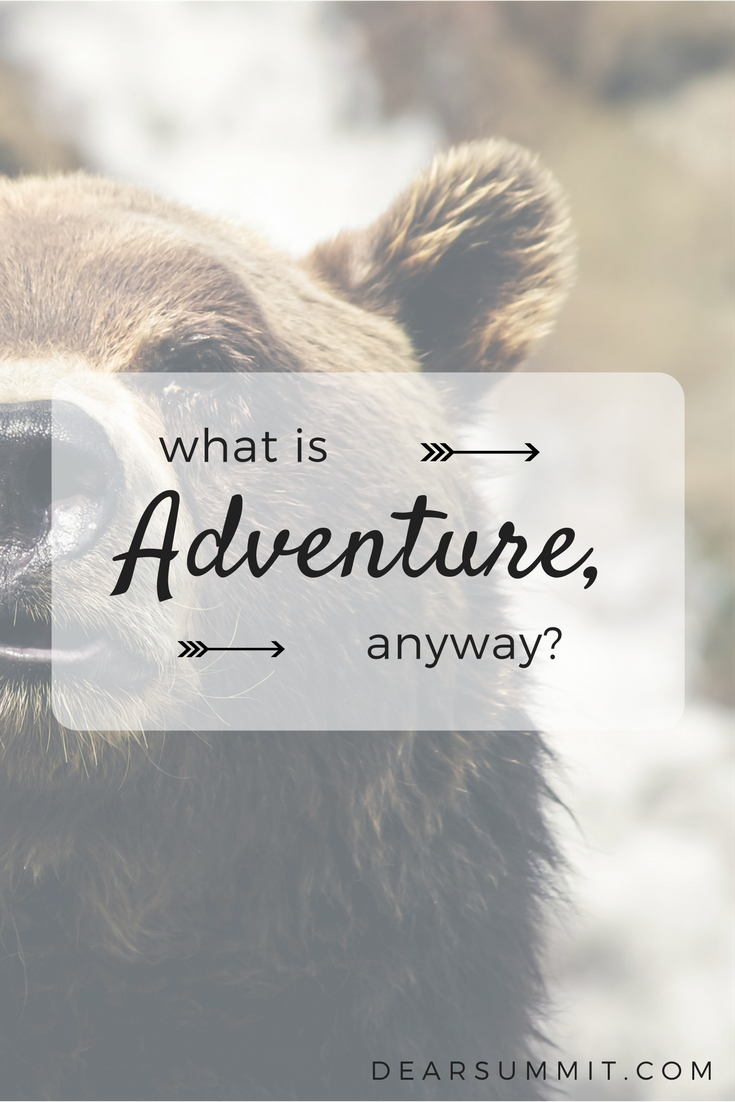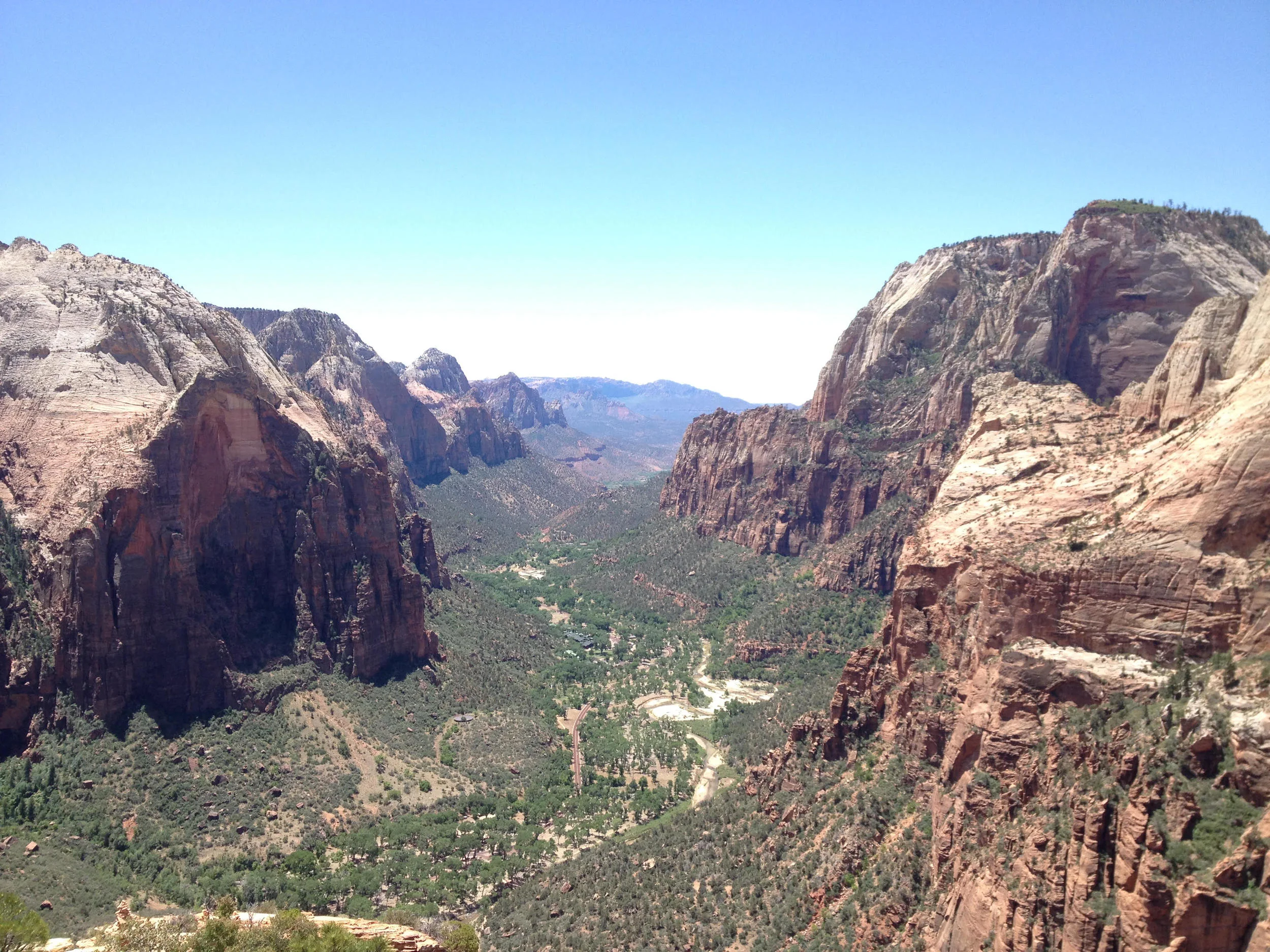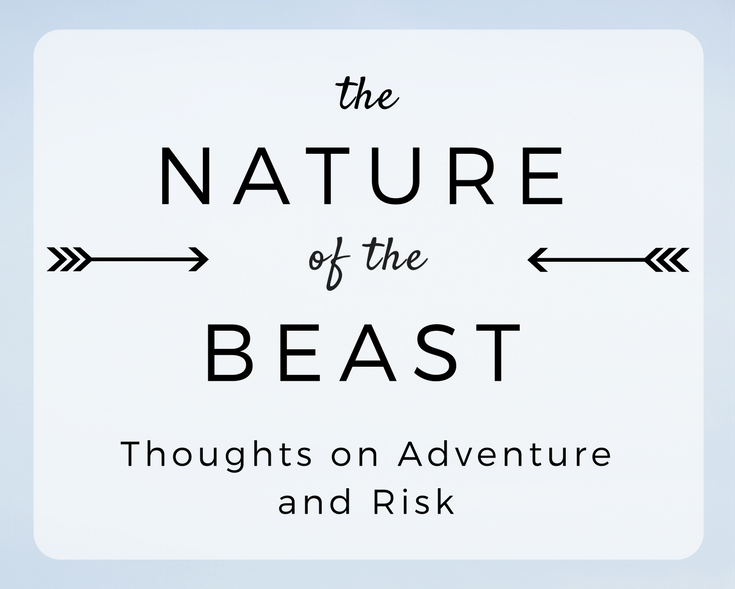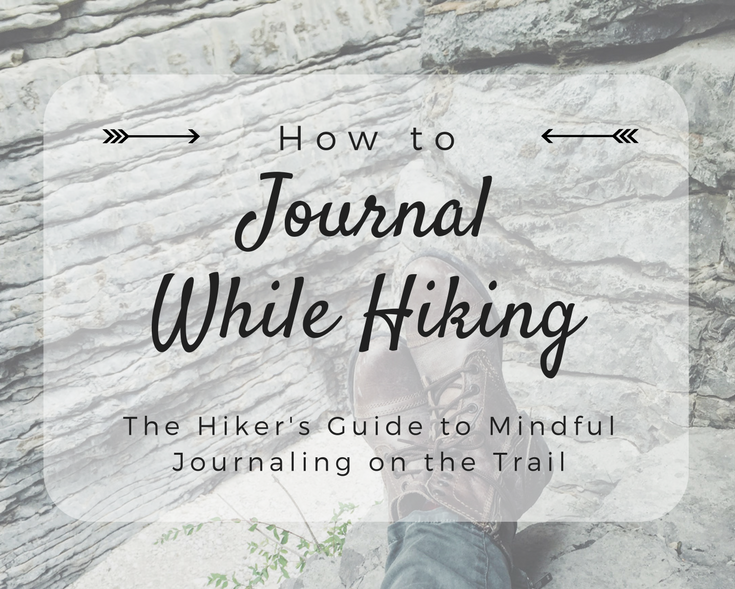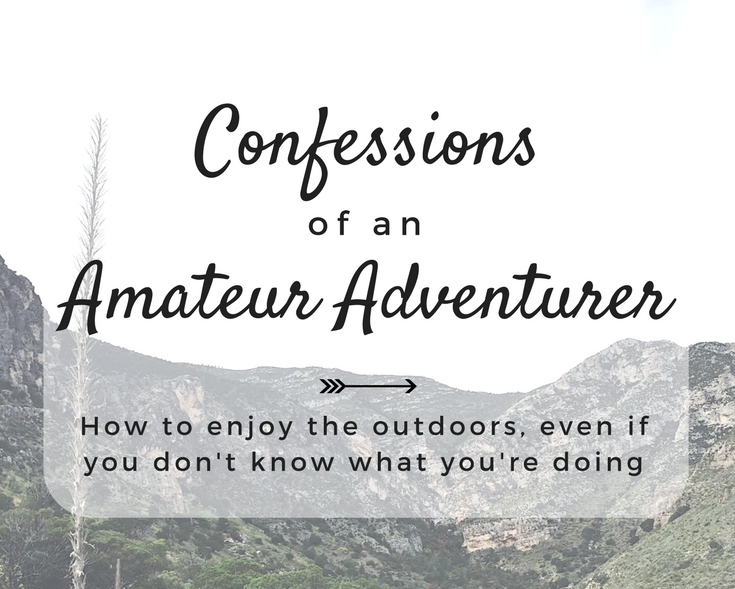Snow-capped mountains, evergreen forests, faraway cities, hiking all day on a trail miles away from the nearest sign of civilization – those are the sorts of things that comes to my mind when I think of the word “adventure.” It’s a term that pops up just about everywhere you turn lately, and it seems to carry with it this grand, if unspoken, promise of mystery and profound self-discovery and ultimate fulfilment. The word “adventure” almost seems too big to grasp, like a thick fog in a mountain valley – it’s clearly there, you can see it all around you, maybe even feel it, but you can’t quite reach out and touch it. You definitely can’t throw a lasso around it and or tame it in any way.
But maybe we should try to define adventure. Maybe it needs to be reined in a little bit. Because the current, indefinite nature of the term “adventure” might be leading some folks to take their quest for adventure a bit too far. For example, in my last post, I discussed the relationship between adventure and risk in the context of some modern stories and movements. I hope that I thoroughly established what adventure is not, namely, adventure is not the pursuit of unnecessary risks. That’s just foolishness.
So then, what IS “adventure?” How do we define this buzzword that’s tossed around social media these days almost as much as the term “selfie?” And how do we define it in a realistic and reachable, yet still exciting way?
Defining Adventure
Let’s start with a paper definition: dictionary.com defines “adventure” as:
Adveture:
noun 1. an exciting or very unusual experience. 2. participating in exciting undertaking s or enterprises. 3. a bold, usually risky undertaking; hazardous action of uncertain outcome. (archaic: peril; danger; risk)
It’s right there in the definition: adventure is exciting, bold, and often (you got it!) risky. In fact, an older use of the word adventure actually equated adventure with risk and danger. And danger is enticing; it gives a heightened level of excitement that we often lack in our daily lives, not to mention the euphoria that can accompany the rise in adrenaline from risky activities like dangling your feet over the edge of a towering cliff or battling your way through class V whitewater rapids. For many people (myself included), it’s addicting.
View of Zion Canyon from Angel's Landing - Zion National Park, Utah (from my 2013 trip)
Traditional Adventures
The sort of things that come to mind at the mention of adventure (mountains, mission trips, campfires, and the like) typically do involve risk. And I am all about traditional sorts of adventures. If I could go hiking every day and camping every weekend, I would. We live in a time when the vast majority of the American population lives in urban areas, where city kids can grow up into adulthood without seeing what the sky looks like on a clear night as it glitters with millions of stars, without hearing the chilling cry of a coyote, or without knowing the sweet smell of a campfire surrounded by good friends. I think we live in a time when it is absolutely vital to appreciate the natural world around us and to crave adventures out in the wild.
So, go climb a mountain or two, hike the Pacific Crest Trail, go fishing in Alaska, camp in the Scottish Highlands, explore Europe by bicycle – go where your adventurous spirit leads you. Just be sure to plan and prepare before you go so you don’t tip over into the land of foolish adventurers who ended up with needless injuries because they failed to temper their adventure with caution.
And in between your big traditional adventures, you can still lead an adventure-filled life, it will just be a different caliber of adventure:
Re-thinking “Adventure”
Remember how the base definition of adventure says that it’s an activity that is exciting or unusual? That means that every adventure doesn’t have to involve risk or the outdoors or travel. It could mean taking a different route to work, just to see what lies three streets over from your normal path. It could mean going out of your comfort zone by participating in a new service project in your community, or learning a new skill, or even saying hello to a stranger in public. It could mean cooking a new recipe for dinner, or simply cooking a meal in the first place.
Every adventure will shape you, whether big or small, traditional or not. You may not come out of every adventure with a story that would keep your friends on the edge of their seats to hear about, but I bet you’ll come out of even the tiniest of adventures having learned something about yourself, and with a little something worth documenting in your journal. And I bet your eagerness for more adventure will only grow with each time you taste it.
↟↟↟
What do you think of this definition? What does adventure mean to you?

